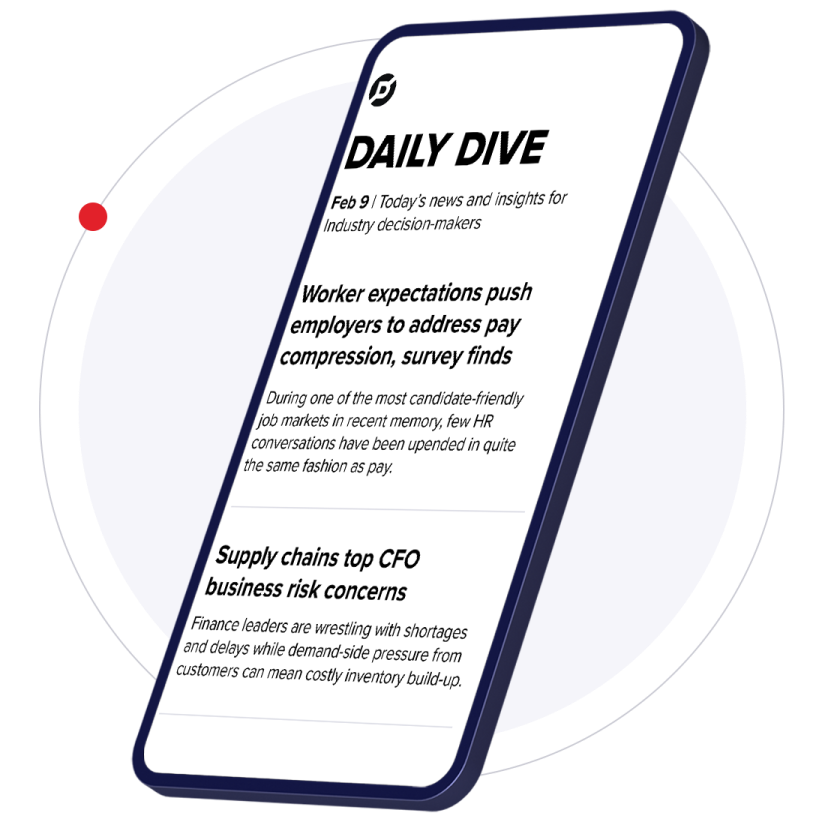Recession likely to begin in first quarter 2023: Fannie Mae | Dump Trucks Charlotte NC



Columbus Ohio Dump Truck Company Brief:
- The U.S. economy will likely tip into recession during the first quarter of 2023 and shrink 0.4% for the full year as the combination of high inflation and tightening monetary policy bedevils consumers and businesses, Fannie Mae economists said. Citing the same headwinds, Fannie Mae marked down its forecast for growth this year to 0.1% from 1.2%.
- “The economy slowed significantly, though unevenly, in the first half of 2022 on the expectation that the [Federal Reserve] will aggressively raise interest rates,” Fannie Mae Chief Economist Douglas Duncan said. “Consumer confidence measures increasingly indicated dissatisfaction with current levels of inflation, offering support to the Fed’s aggressive posture.”
- The consumer price index (CPI) during 2022 will likely rise 5.7%, Fannie Mae said, noting that higher-than-expected price pressures in June pose an “upside risk” to its forecast.
Dump Trucks Columbus OH Insight:
CFOs considering changes to investment, prices and wages during the coming months face an economic landscape colored by signs of weakening growth, including a slowdown in manufacturing, softening consumer spending and a dimming outlook for the housing market.
Demand has slowed this year as the Fed raised borrowing costs to quash inflation, now at a four-decade high.
Policymakers last month raised the main interest rate by 75 basis points in the largest increase since 1994. A basis point is one hundredth of a percentage point.
Fed officials in June also supported raising the benchmark interest rate by either 50 or 75 basis points at their July 26-27 meeting, noting persistent supply chain bottlenecks and the need to ensure their credibility in fighting the highest inflation since 1981, according to minutes of their meeting. The CPI soared 9.1% last month.
Fed Chair Jerome Powell and other policy-makers have indicated they plan to achieve a sustained decline of inflation to their 2% target even at the risk of jolting economic growth.
“We are committed to and will succeed in getting inflation down to 2%,” Powell said during a webcast hosted by the European Central Bank on June 29. “The process is likely – highly likely – to involve some pain, but the worst pain would be from failing to address this high inflation and allowing it to become persistent.”
The risk of a downturn now exceeds the risk that the Fed will fail to curb price pressures, according to some economists.
“Recession risks currently appear more salient than the risk of runaway inflation,” Moody’s Analytics said, forecasting greater than 50% odds of a downturn during the next two years.
Former Treasury Secretary Lawrence Summers said he agrees with those odds and predicted the Fed will fail to achieve a “soft landing,” or slow growth enough to reduce inflation without causing a recession.
During the past six decades, a recession has occurred whenever the Fed has withdrawn stimulus with inflation exceeding 8% and unemployment below 4%, as it is today, according to Summers.
“The painful lesson of economic history is that soft landings are like what George Bernard Shaw said about second marriage — the triumph of hope over experience,” Summers said in an interview with Politico.
Construction Dive news delivered to your inbox
Get the free daily newsletter read by industry experts

Editors' picks
-
Proposed, under construction, abandoned: 6 key US pipeline projects
Growing demand and tightening environmental regulations make for a mixed outlook for the oil and gas industry.
By Julie Strupp • June 21, 2022 -
Rising labor costs eat away at construction firms' profits
Contractors are paying more for low-skilled workers but aren’t benefiting from increased productivity, economists say.
By Joe Bousquin • June 23, 2022



